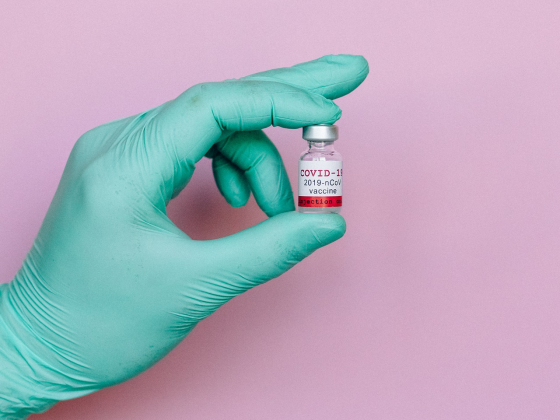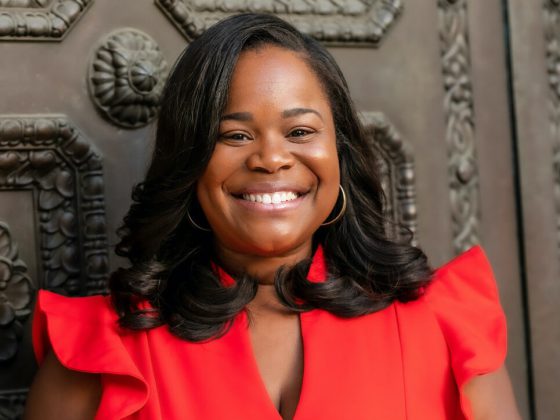The Center for Public Interest Communications at the University of Florida has received funding for two new projects that will offer science-informed tools to build support for COVD-19 vaccination among groups proving to be slower to accept the vaccine.
After developing a science-informed communication guide for practitioners to address anticipated COVID-19 vaccine hesitancy, the Center is now putting the research into action for two organizations: The Manufacturing Institute and the Robert Wood Johnson Foundation.
The Center released the Guide to COVID-19 vaccine communications: a practitioner’s guide to the principles of COVID-19 vaccine communications in November 2020 for the United Nations Verified initiative. Working with scholars with expertise in identity, trust, decision-making and risk, the Center’s researchers identified eight overarching principles for designing messages that increase trust and vaccine uptake among skeptical communities. These principles will serve as the foundation for the two new projects.
Despite being at increased risk to get COVID-19, essential workers show signs that they’re wary of receiving the vaccination. Reports by the Manufacturing Institute (MI) indicate vaccine reluctance is higher among manufacturing workforces than the general population, particularly among shop-floor workers. As part of the MI’s “This Is Our Shot” Project, the Center will work with the MI to create a strategy for U.S. manufacturers to identify specific frames and sample messages that will help answer the questions and concerns that their workers harbor.
While 71% of Americans say they will or will probably get the vaccine, public health experts predict that reaching herd immunity requires 85-95% of Americans to have antibodies. One way to increase the number of people saying “yes” to the shot, is by giving people the tools to communicate with one another about their concerns and motivations for taking or not taking the shot. Robert Wood Johnson Foundation continues their commitment to build a strong Culture of Health by funding the Center to create a toolkit that everyday people can use to help them talk to others about getting the COVID-19 vaccine. The evidence-based guide will help people talk to skeptical family members, friends, church members, colleagues or others in a way that builds trust and confidence in the vaccine’s efficacy and safety.



